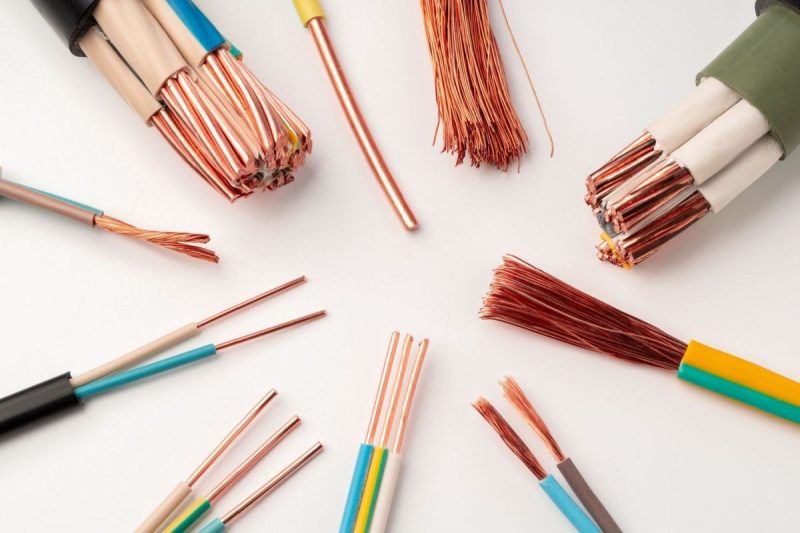Copper: The Multi-Purpose Metal
Copper, a versatile and indispensable metal, has been utilized by humanity for thousands of years. Its unique properties and wide range of applications make it an essential material in various industries. From ancient civilizations to modern technological advancements, copper continues to play a vital role in society.
1. Electrical Conductivity
Copper is well-known for its exceptional electrical conductivity, which makes it the most widely used material in the production of electrical wiring and components. Its low electrical resistance allows for efficient transmission of electricity with minimal loss. This property has made copper an integral part of electrical systems, from power generation and distribution to electronic devices and telecommunications infrastructure.
2. Heat Conductivity
In addition to its electrical conductivity, copper boasts impressive heat conductivity properties. This characteristic makes it an ideal material for heat exchangers, radiators, and other heat transfer applications. Copper’s ability to effectively dissipate heat is crucial in industries such as HVAC, automotive, and industrial manufacturing, where thermal management is essential.
3. Antimicrobial Properties
Copper also exhibits natural antimicrobial properties, making it a popular choice for applications that require hygienic environments. Copper surfaces have been proven to eliminate a wide range of harmful bacteria, viruses, and fungi, offering a valuable solution for industries such as healthcare, food processing, and public infrastructure where sanitation is paramount.
4. Corrosion Resistance
Another key benefit of copper is its excellent resistance to corrosion. This durability, combined with its malleability and ductility, makes copper a preferred material for plumbing systems, roofing, and architectural elements. Copper’s ability to withstand harsh environments and extreme weather conditions ensures long-lasting performance and aesthetic appeal in various structures.
5. Renewable Energy Applications
As the world shifts towards sustainable energy sources, copper’s role in renewable energy technologies has become increasingly significant. The metal is essential in the production of solar panels, wind turbines, and energy storage systems. Copper’s durability, conductivity, and recyclability make it a sustainable choice for powering the future of clean energy generation.
6. Art and Decoration
Beyond its industrial applications, copper is also valued for its aesthetic qualities. The metal’s distinctive reddish-brown hue, malleability, and ability to develop a natural patina over time make it a popular choice for artistic and decorative purposes. Copper sculptures, architectural details, and household items showcase the metal’s timeless appeal and artistic versatility.
In conclusion, copper’s versatility and unique properties have solidified its place as a vital metal in modern society. From its essential role in electrical and heat transfer systems to its antimicrobial properties and decorative applications, copper continues to contribute to a wide range of industries and technologies. As we embrace innovation and sustainability, copper will undoubtedly remain a cornerstone material that enhances our lives and shapes the future of industry and technology.
